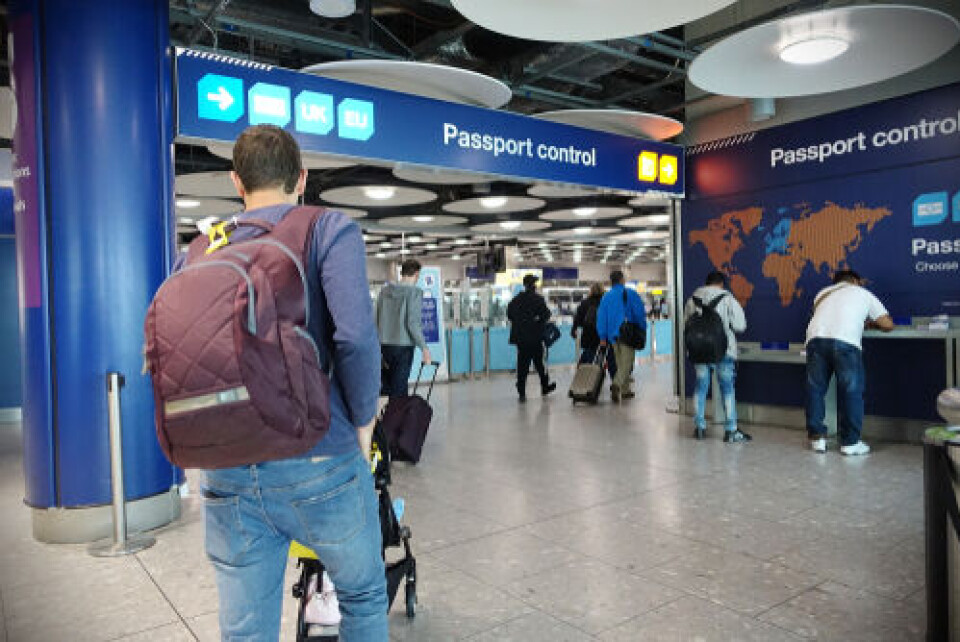-
Bikers tag dangerous French roads to shame authorities
Operation carried out for a number of years by local groups of the Fédération française des motards en colère
-
Transavia to replace Air France for Nice-Orly flights
Up to eight return journeys a day to be offered by the budget carrier
-
Is this the end of free mountain rescue in France?
A new report says that charging for services is ‘legitimate and necessary’
Why the EU’s new Etias visa-waiver system has been delayed again
The introduction of the €7 online application for permission to enter the EU is now not expected until 2024

The rollout of the EU’s new electronic visa-waiver system for travellers from the UK and other countries outside the bloc has been delayed again, the European Commission (EC) has confirmed.
Etias, which stands for the Electronic Travel Information and Authorisation System, is designed to improve security by requiring non-EU citizens coming into the bloc on short stays to register.
First proposed in 2016, the launch of Etias has been beset by delays.
The EC says the latest holdups are a knock-on effect from issues with the Entry/Exit System (EES), a new digital border tracking programme for non-EU citizens visiting the Schengen area for short stays.
Issues with both EU Member States and contractors setting up the necessary equipment for the EES means that rollout is now not expected until the end of 2023, according to EC spokeswoman Anitta Hipper.
“Etias is being developed closely with the EES… the success of these systems depends on them being able to talk to each other,” she said. “Etias relies on data provided by the EES for the identification of risks.”
“[The pushback] is linked to several factors… delays in developing the system at central level by the contractor, but also in Member States [with] delays in the preparation for the necessary equipment,” she added.
As the EES is a digitisation project at heart, it includes the implementation of a host of software and hardware to collect and retain the information needed, which includes passport information, a fingerprint scan, and a photo.
What is Etias?
Citizens from EU countries are able to travel anywhere within the bloc.
But those from outside the EU have to apply for a visa, unless they are from a list of countries that has a visa-waiver agreement with the bloc, which includes the likes of Australia, Japan and the United States.
Citizens of these countries could travel within the EU’s borderless Schengen area for up to 90 days without a visa.
Etias is an attempt to better track these citizens and their movements into and out of the EU. It will require them to apply online and pay a €7 fee (it will be free for children and the over 70s).
Read more: New European Entry/Exit System: 9 key things to know in advance
Read more: Plan to ease launch of EU Entry/Exit system with app pre-registration
When is Etias expected to launch?
“The entry into operation of Etias can only take place five to six months after the launch of the EES,” said Ms Hipper.
Therefore, the exact start date of Etias is not known, but the launch of EES will be a rough guideline for when the system will go live.
The latest date for the implementation of the EES is now at the end of 2023, after being pushbacked from its intended May 2023 launch date earlier this year.
“We expect that the IT system enabling the operation of Etias will be available in the course of 2023,” added Ms Hipper.
Related articles
EU’s online visa-waiver system Etias delayed to 2024
Post Brexit do I need a visa when leaving France for an EU holiday?
























